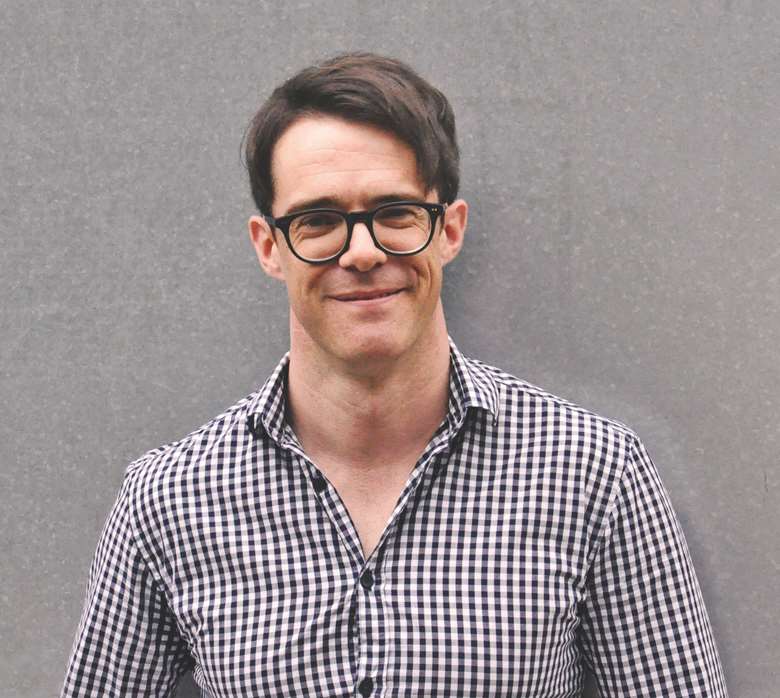Borletti-Buitoni Trust appoints chief executive
Florence Lockheart
Thursday, December 14, 2023
Toby Smith will take up the role of chief executive in January 2024, succeeding Susan Rivers who has stepped down having led the Trust since its foundation


Register now to continue reading
Don’t miss out on our dedicated coverage of the classical music world. Register today to enjoy the following benefits:
- Unlimited access to news pages
- Free weekly email newsletter
- Free access to two subscriber-only articles per month
